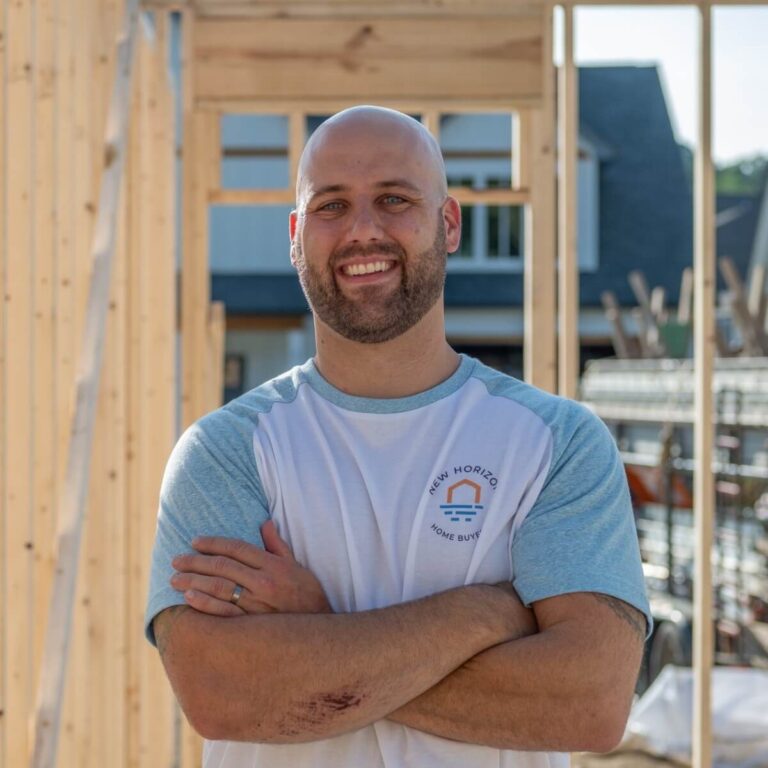Mental Wellness Strategies from Dr. Paul Pope: Balancing Screen Time and Mindful Habits to Strengthen Relationships
About Dr. Paul Pope
Dr. Paul Pope, SFHEA, is Associate Professor in Psychology and Senior Admissions Tutor at the University of Birmingham. He is known for his insightful research and practical guidance on psychology, pedagogy, and emotional well-being.

Dr. Paul Pope, Associate Professor of Psychology at the University of Birmingham and Senior Fellow of the Higher Education Academy, brings two decades of expertise in understanding mental wellness, particularly within educational environments. His recent research sheds light on the complex relationship between digital habits, mindfulness, and emotional resilience—factors that profoundly impact not only individual well-being but also the quality of relationships with oneself and others.
In a comprehensive study involving over 500 psychology undergraduates, Dr. Pope and his team uncovered a significant link between high social media use and increased levels of depression. “Our findings highlight that greater social media consumption predicted higher depression scores among students,” he explains. However, the study also revealed promising pathways to mitigate these effects: self-control and engagement in offline activities such as exercise and face-to-face social interaction emerged as vital protective factors.
Dr. Pope elaborates, “Self-control and offline routines acted as buffers, helping to mediate the harmful impact of excessive social media on mental health.” This means that students who intentionally limited their screen time and prioritized real-world interactions experienced better emotional health and, by extension, more meaningful relationships.
Mindfulness practices play a pivotal role in this dynamic. According to Dr. Pope, cultivating present-moment awareness enables individuals to pause and consciously choose their responses rather than react impulsively. He suggests simple yet effective habits: “Taking a morning walk before checking your phone, implementing tech-free periods in the evening, or simply noticing the urge to scroll and deciding not to can significantly build emotional resilience and reduce stress.”
These mindful approaches are especially crucial during high-pressure times such as exam seasons when anxiety and overwhelm tend to spike. By setting clear boundaries around technology use and embracing offline, movement-based routines, students not only support their mental wellness but also create the emotional space necessary to connect authentically with family, friends, colleagues, and themselves.
Dr. Pope’s insights remind us that mental wellness strategies extend beyond individual benefits—they are fundamental to fostering healthier, more empathetic relationships. “Teaching students to unplug and engage fully with the present moment is not a luxury; it’s a protective strategy that enhances how they show up for others,” he affirms.
For those interested in exploring these ideas further or seeking guidance, Dr. Pope is accessible via email at p.****@*****ac.uk and shares regular insights on psychology and pedagogy through his website paulpope.co.uk. His affiliation with the University of Birmingham’s School of Psychology reflects his commitment to advancing research and education in mental health.
To stay connected with the latest updates and initiatives from the University of Birmingham, follow their official channels:
- Instagram: unibirmingham
- X (Twitter): unibirmingham
- Facebook: unibirmingham
- LinkedIn: University of Birmingham
Join the Conversation
Mental wellness is a journey, often intertwined with our relationships and daily habits. We encourage readers and professionals alike to share their experiences, strategies, or questions around managing digital wellness, setting boundaries, and fostering mindfulness in their communities. Together, we can build supportive environments that prioritize both individual growth and meaningful connection.







